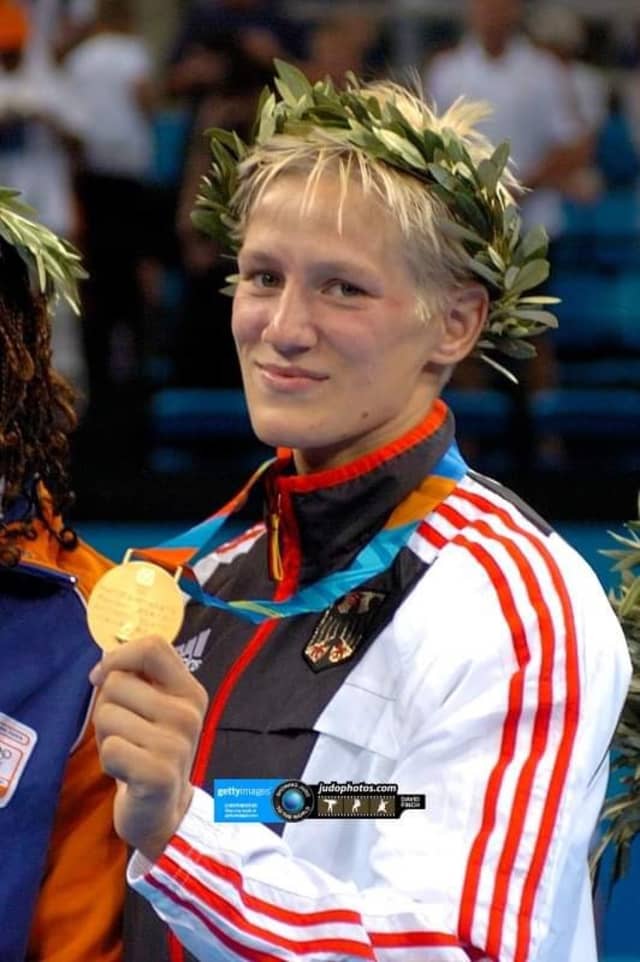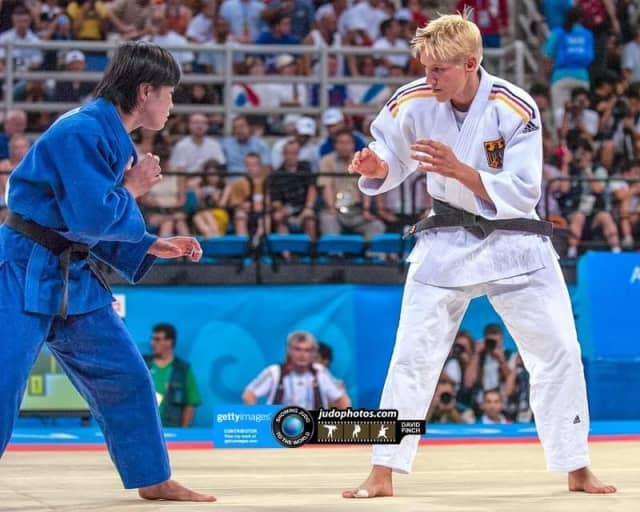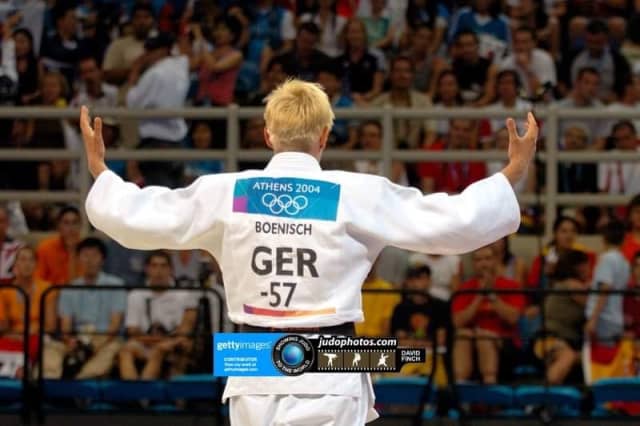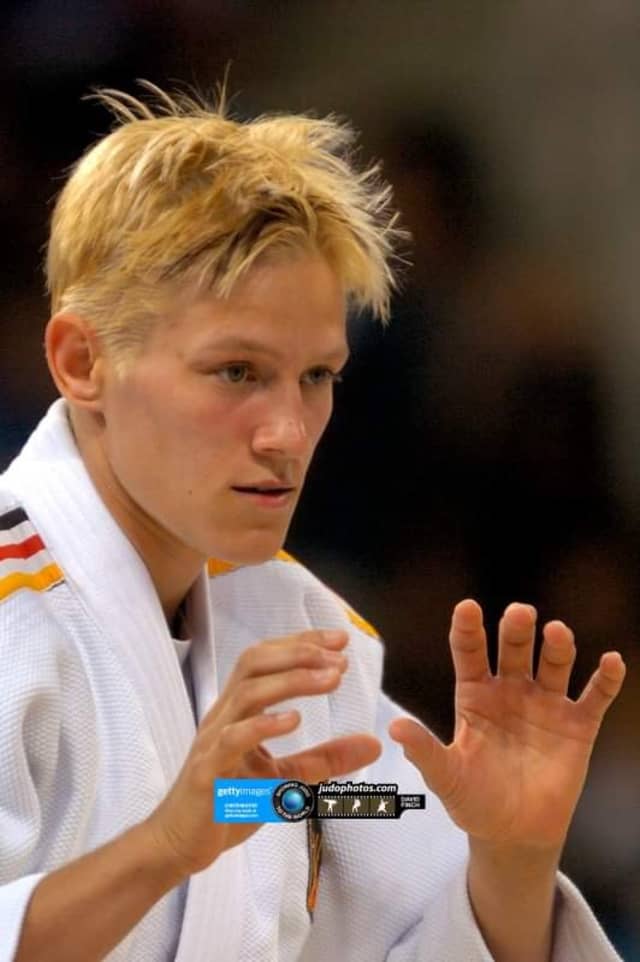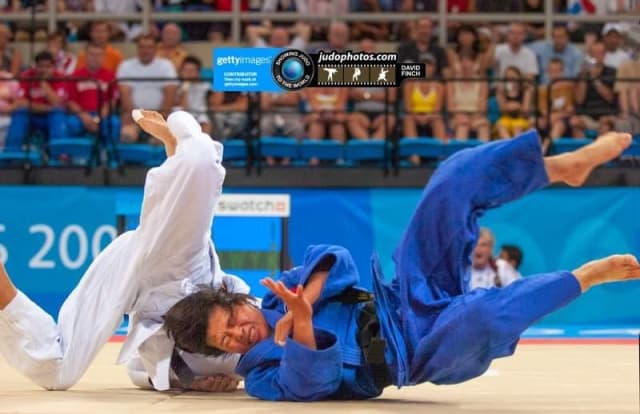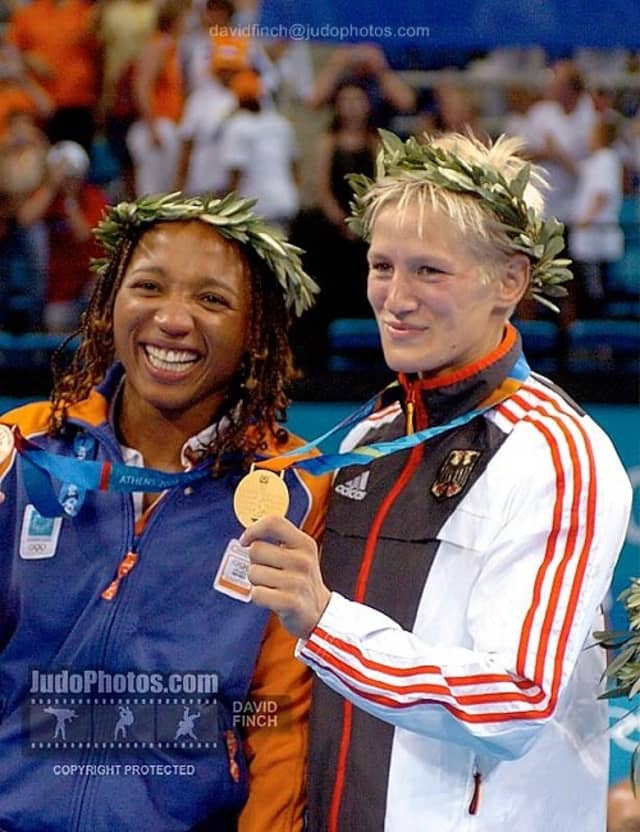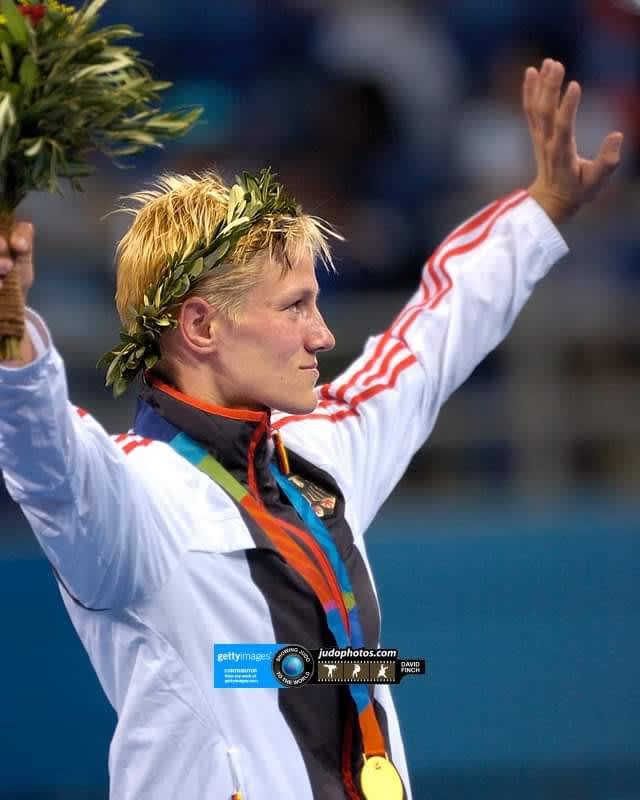We introduced the statistics, the almost impossible feat and the question in our first article in the series, which can be found here:
https://www.ijf.org/news/show/151-olympic-champions-tokyo-to-tokyo
A reminder of the question:
It could be said that to be in the company of an Olympic judo champion is to be presented with someone whom has reached an absolute pinnacle, a ceiling which cannot be surpassed; there is nowhere further to ascend in the world of sport. We often find Olympic champions speaking with freedom and certainty, unafraid to share an opinion, speaking of their lives and paths with confidence. For many we feel there is peace, and that can be magnetic and inspiring.
So the question is, did they become Olympic champion because of that character or did they become that person having won the Olympic gold medal?
“I think it’s the second one… I left home at 12 to boarding school. I came from a small club close to Potsdam and was in a dormitory close to the school. I had a coach and friends but no parents around me. As a junior the age band changed from u19 to u20 and so I was 4 years in the age category. For all the junior world championships and junior Europeans u19, I was still a cadet, to begin with, and I was always the number two with someone different in front of me.
When the age changed to u20, the national coach Norbert Littkopf saw I was good and he said ‘top or flop’ and gave me chances. He spoke with me differently and I found new opportunities. Then it all went very fast from there. Something was always missing in juniors, maybe because I was alone in boarding school or maybe I didn’t believe in myself but he gave me confidence and chances and it changed something in me which impacted the rest of my career.
As an athlete I was always very shy and didn’t talk to many people. I just did my stuff, following my dream. I wanted to be Olympic champion; I dreamt of the Olympics from the age of 12, from the time of the move.
I went to that school and to full time judo in 1993 and was the first woman in judo to go to that sport school. Judo and school were together in the GDR sport school, with many sports. When I came we started to build the judo system with the sport school.”
Lots of athletes have dreams and work hard, so, why you?
“Over the years the club and national coach gave me not just the chance to develop my judo, but the most important chance to development myself. With some success, with the medals, I grew with every medal.
I trained hard all those years and always did my best and took medals, even as the number two. I kept believing that maybe I would have a chance at seniors. When the coach showed he trusted me I felt a change. My club coach too was very important. These coaches gave me the lead and I had the work ethic. I had already given so much of myself that I knew maybe my time could come.
At that Olympic Games I saw my draw and spent a couple of days crying because Isabel Fernandez (ESP) was my first fight and I had always lost to her. Despite that, on the day I woke up feeling today could be the day; it was really different. I beat her, Fernandez, and felt real flow. Then I knew after that first win, I just knew.
I was only 23 when I won so it was a very short time to have amassed the experience needed from training camps. Both Norbert and my club coach pushed me though and so it was the three of us. This trio was important.”
Did you change after winning the Olympic gold medal?
“Only then I got some self confidence. I knew I was a good judo athlete but I was an introvert, very calm and didn’t like to communicate. It didn’t make me different on the inside but I knew who I was and I became more open.
I love what I do now too. I like that other women say they can do it because I did but that was not the purpose or the goal either then or now. Inspiring others is and was a bonus.”

